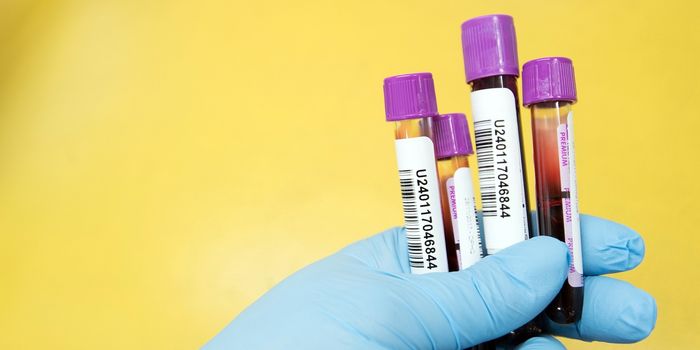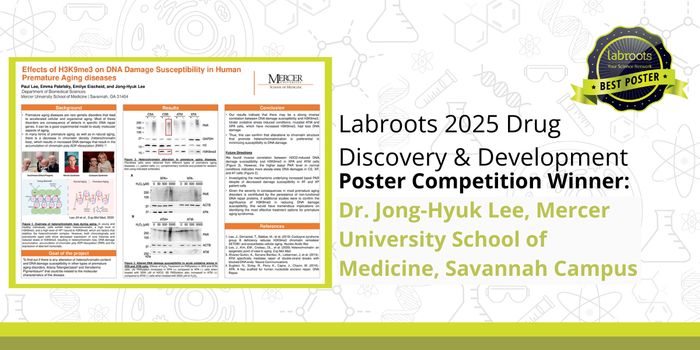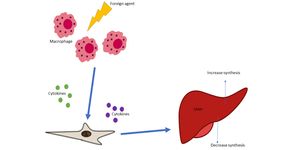New formulation of medication to treat high cholesterol
Cholesterol is a type of fat that helps the human body make cell membranes, hormones, and vitamin D. The recommended total limit of cholesterol is 200mg/dL, with HDL (“good” cholesterol) being above 60mg/dL and LDL (“bad” cholesterol) being below 100mg/dL. Around 93 million American adults have a total cholesterol above the recommended total limit. Hyperlipidemia is the incidence of over-abundant lipids present in blood. This results in obstruction of arteries, since the lipids collect and stick to arterial walls. This could lead to an increased risk for heart attacks, strokes, etc.
Watch a video on hyperlipidemia here:
Inhibition of a gene called PCSK9 increases the removal of LDL from the bloodstream. There are currently only injectable dosage forms for PCSK9 inhibitors; the United States FDA approved drugs are alirocumab, evolocumab, and inclisran - all injections. Between 2015-2019, a group of scientists found and published data that 2.5% of patients were on PCSK9 inhibitors out of a group of patients on statins, despite PCSK9 inhibitors being found to be the most effective lipid lowering agent. PCSK9 inhibitors not only had high results comparative to the standard of care for hyperlipidemia, statins, but also had a lower side effect profile than statins. PCSK9 industry is competitive to the race to get an oral pill, and Merck may be in the lead.
Merck’s drug, MK-0616 is an oral pill, which would be disrupting the industry, and has great potential for success.
MK-0616 is classified as a macrocyclic peptide that binds to the PCSK9 gene and inhibits it. Their studies showed that MK-0616 reduced LDL levels by 60.9% with the highest dose, and in general MK-0616 significantly decreased cholesterol in all doses compared to placebo. The drug was fairly well tolerated and not many participants discontinued the drug at week 16.
This is a lucrative sector of medicine that Merck is getting into and can really revolutionize the hyperlipidemia treatment and change patient lives.
References:
https://my.clevelandclinic.org/health/articles/11920-cholesterol-numbers-what-do-they-mean
https://www.ncbi.nlm.nih.gov/books/NBK448100/
https://www.ahajournals.org/doi/10.1161/JAHA.120.019331








